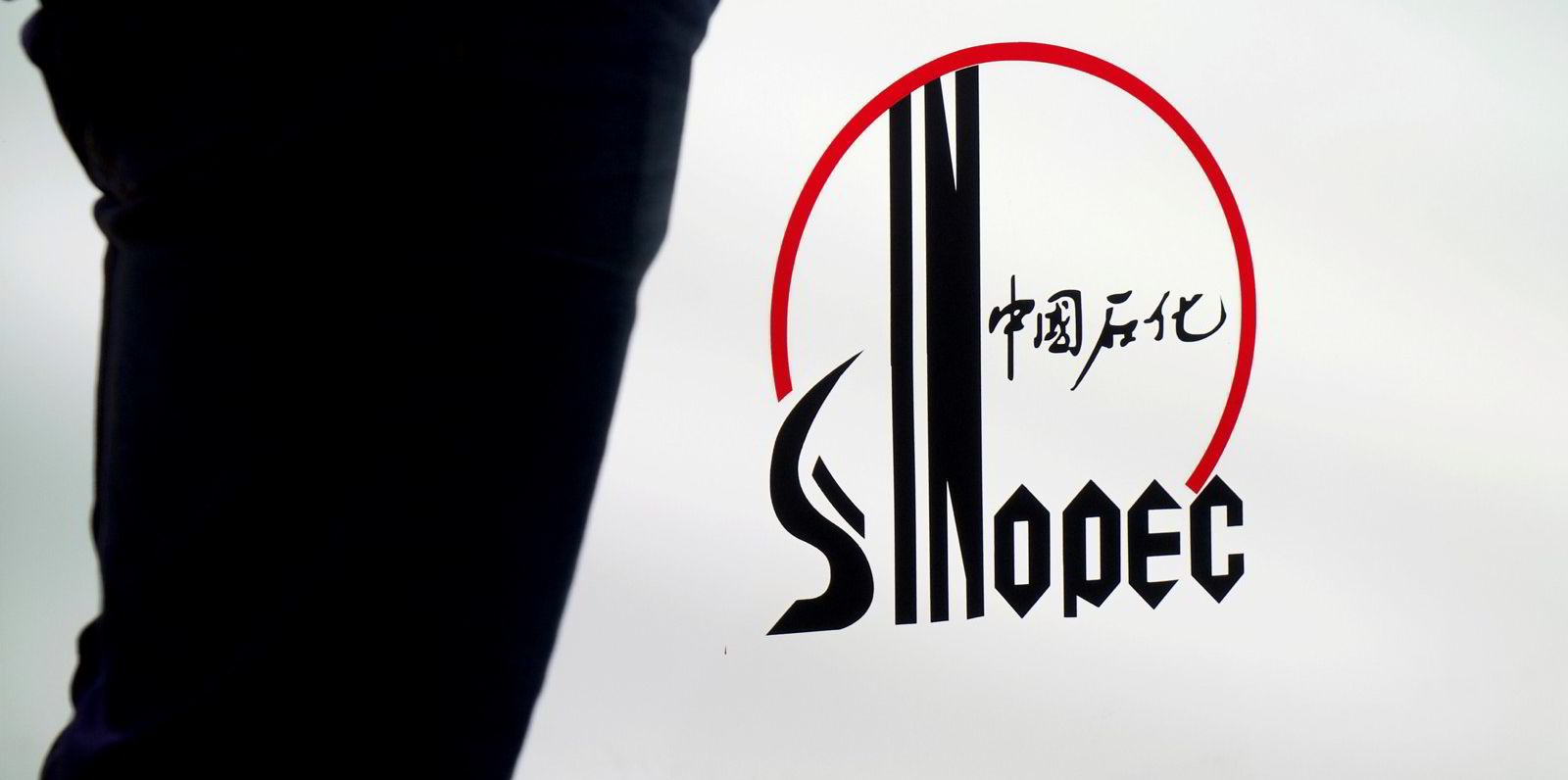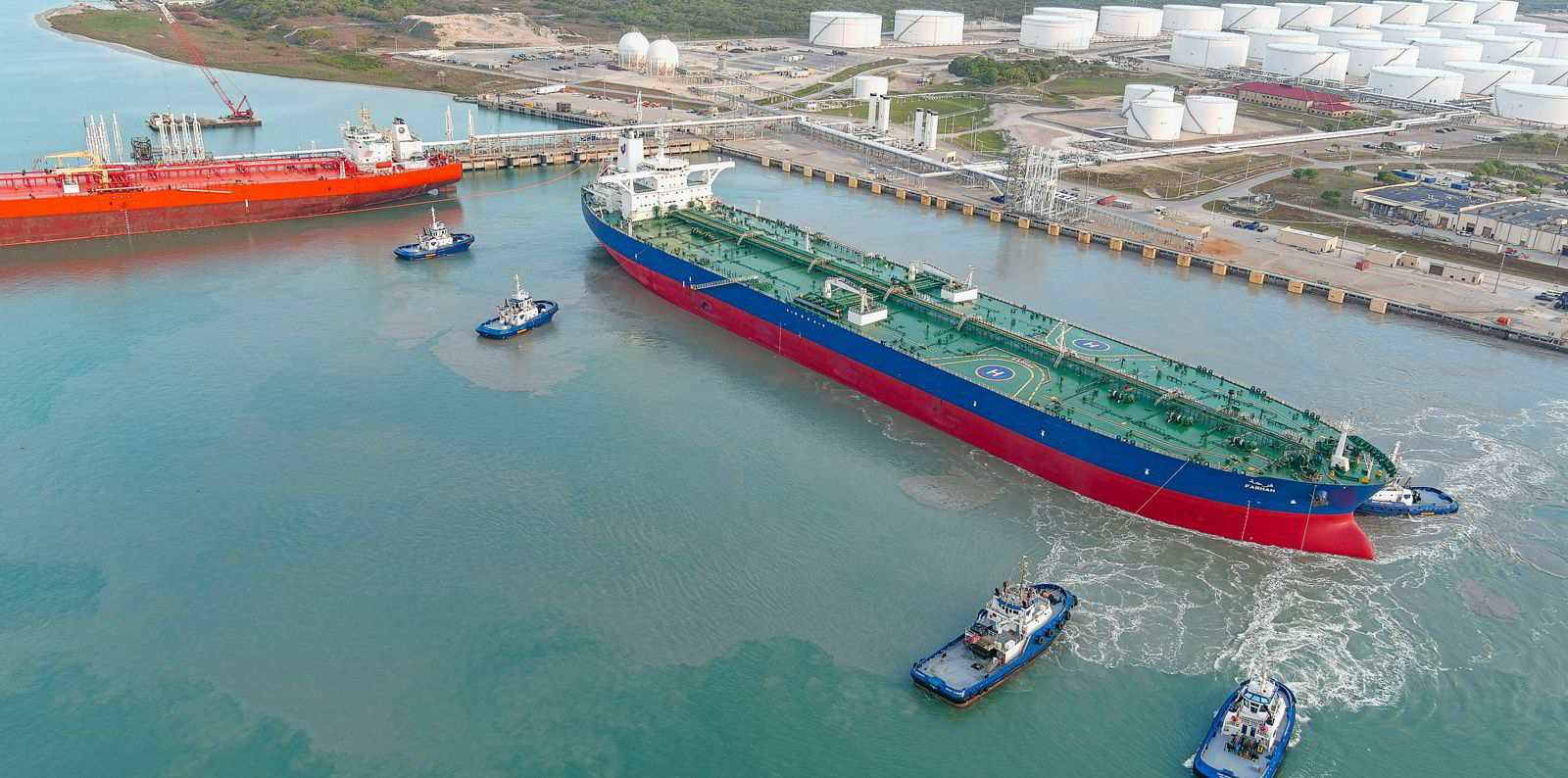Oil major and trader Unipec — a subsidiary of oil major Sinopec — has lost a $20.76m arbitration and a fight to break its lease with US Virgin Islands-based terminal Limetree Bay Terminals.
The fight was over the alleged quality of the tanks where the Chinese state-owned player stores and transships vast quantities of US crude, with allegations of contamination of crude from one aframax in 2020 and a series of recent “near misses” on other ships.
In their 55-page 14 September decision, a panel of New York arbitrators found the terminal had not breached the agreement and Unipec could not terminate it and was not justified in withholding fees.
The victorious St Croix-based tank farm is now at the Southern District of New York US federal court, seeking to enforce its American Arbitration Association (AAA) win against US subsidiary Unipec America.
Limetree Bay Terminals has recently been renamed Ocean Point Terminals in order to avoid being tarnished by association with the adjacent Limetree Bay Refinery, formerly its corporate sister but now cut loose and bankrupted after a February 2021 pollution incident.
Both vintage facilities, the refinery and the tank farm, were originally built in 1966 by US oil company Hess Corp and later transferred to Hovensa, a joint venture between Hess and Venezuela’s PDVSA.
In 2015, when the US lifted its crude export ban, Unipec considered but decided against buying it from the estate of bankrupt Hovensa as an offshore base for its US crude storage.
Instead, investors led by Stamford-based Freepoint Commodities and Boston private equity fund ArcLight Capital Partners acquired both for $2.5m. They spent some $400m refurbishing the ageing tank farm for a long-term lease to Unipec, which paid storage fees of about $50m per year as an anchor customer.
The facility now has 167 above-ground tanks with a capacity for storing 34m barrels, including 13m barrels of crude, with seven tanker berths plus a single-point mooring offshore loading system capable of receiving fully-laden VLCCs.
But in July 2021, Unipec unilaterally terminated the 10-year terminal lease agreement over quality complaints, plus an allegation that Limetree Bay Terminals was about to become insolvent.
Between the start and the termination, however, there had been changes not only in Unipec’s view of the fitness of the facilities for storing its oil, but also in its commercial trading needs.
“[Starting] in mid-2017, market conditions changed, and it became less profitable to store crude oil for future sales. Unipec began removing its product from the terminal, and by the first half of 2018 it was barely using the terminal at all,” wrote arbitrators in their unanimous award.
“Market conditions changed dramatically again in about April 2020, largely due to the Covid-19 pandemic, which affected global economic activity adversely and produced ‘super contango’ trading conditions.”
Thanks to the global crisis, Unipec’s usage of the terminal from March to June 2020 leapt from 150,000 barrels to 5.7m barrels.
The Chinese oil major was making profits of about $9m per tank at the St Croix terminal during “super contango”, about $160m in all, and the arbitrators pointed to this robust usage of the facility as undercutting Unipec’s assertions about poor tank quality that it was making during the same period.
Unipec claimed numerous instances of contamination, delays, or “near misses” after loading from a number of ships between 2017 and 2021, supposedly resulting from conditions in the terminal’s infrastructure.
In the worst incident in April 2020, during the hectic “super contango” period, some 22,000 barrels of Unipec crude from Tsakos Energy Navigation’s 112,700-dwt Parthenon TS (built 2016) went into the wrong onshore tanks and was mixed with lower-quality crude. But arbitrators found that that incident was caused by human error, not bad tanks and pipes, and Limetree Bay Terminals compensated Unipec by buying the accidentally blended crude.
Unipec also named “near misses” involving oil from another Tsakos ship, the 105,400-dwt ISE Princess (built 2009), plus Delta Tankers’ 157,500-dwt Delta Commander (built 2010), Liquimar Tankers’ 166,100-dwt Afroditi (built 2011), Eastern Mediterranean Maritime’s 105,700-dwt Hydra (built 2004), Bergshav’s 105,800-dwt Bergitta (now Sifis, built 2007,), Thenamaris’ 306,500-dwt Seahero (built 2006), and Novoship’s 115,800-dwt NS Lion (built 2007) and 156,700-dwt NS Bora (built 2010).
But arbitrators found that none of these had significant commercial consequences and even taken together did not make Unipec’s case for a pattern of quality problems.
Less than one gallon of crude leaked in the Delta Commander incident, for example.




